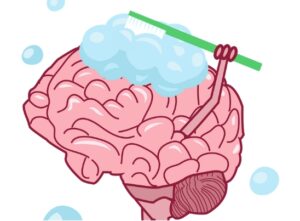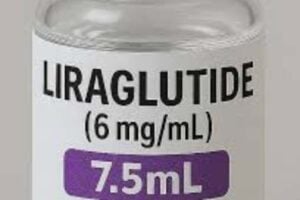Why This Pill Stands OutWhy This Pill Stands Out
ALZ-801 (valiltramiprosate) is being studied as a disease-modifying therapy — and its design makes it very different from today’s infusion-based Alzheimer’s drugs.
- A simple pill you take at home
Unlike current Alzheimer’s treatments that require IV infusions, ALZ-801 is a twice-daily oral medication. No clinic visits or infusion centers needed. - Targets amyloid “upstream”
Instead of clearing out existing amyloid plaques, ALZ-801 works earlier in the process by preventing toxic beta-amyloid fragments from clumping together. - Potentially safer
Because it prevents clumps rather than breaking them apart, it has not shown the dangerous ARIA brain swelling or bleeding associated with monoclonal antibody drugs.
Breakthrough Findings for the Highest-Risk Group
The Phase 3 APOLLOE4 trial focused on adults carrying two copies of the APOE4 gene, a group facing about ten times the average Alzheimer’s risk with faster disease progression.
While the entire study population did not meet the primary endpoint, a closer look at people in the earliest symptomatic stage — Mild Cognitive Impairment — revealed significant benefits.
Major Benefits Over 78 Weeks
- 52% slower cognitive decline
- 96% slowing of functional decline on the DAD scale
- 102% functional stabilization on CDR-SB, equal to about 1.5 years of stable daily function
For many families, that amount of stability is substantial time regained.
Protecting the Brain Itself
MRI results showed evidence of preserving brain structure:
- Less overall brain atrophy
- 18% less hippocampal atrophy in the overall group
- 26% slowing of hippocampal atrophy in people with MCI
Researchers noted that ALZ-801 appears to help keep neurons alive, not only slow symptom progression.
A Safer Option for APOE4/4 Adults
People with two APOE4 genes are both more vulnerable to Alzheimer’s and more susceptible to ARIA complications from infusion-based medications.
The safety findings for ALZ-801 are therefore especially meaningful:
- No increased risk of brain edema or microbleeds
- Most common side effects: mild or moderate nausea, decreased appetite, vomiting
- A favorable benefit-risk profile for APOE4/4 adults in the MCI stage
Why Starting Early Matters
The strongest benefits occurred in the MCI group, pointing to a key message:
Intervening early may provide the greatest impact.
Because ALZ-801 is taken orally, it offers a potentially safer and far more practical treatment path for individuals at the highest genetic risk.
A helpful way to picture it:
If Alzheimer’s damage is like toxic debris flooding downstream, antibody drugs work like heavy machinery clearing it after the flood. ALZ-801 acts upstream, like a dam that prevents the toxic material from reaching the brain in the first place.











